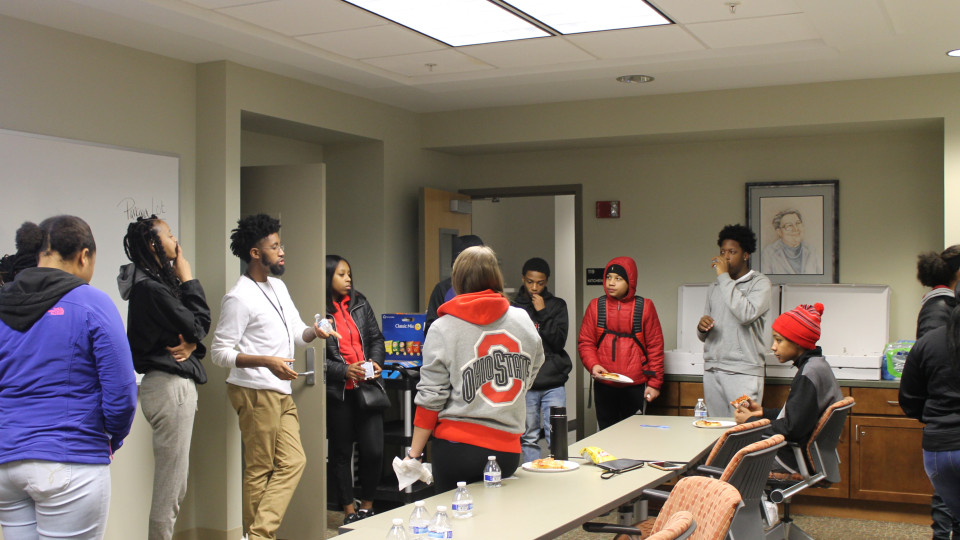Past Research

Promoting Positive Youth Development
LiFEsports research has played a key role in advancing research in positive youth development. Findings from our past research suggests that LiFEsports programming, which is grounded in social cognitive theory and other skill-based learning theories and frameworks, significantly improves youth self-control, effort, teamwork, and social responsibility.
It also enhances fitness levels, healthy lifestyle behaviors, and sport skills while decreasing peer conflict and neighborhood violence. LiFEsports seems to be most beneficial for boys, kids facing greater risks, and youth who continue participating in our programs for multiple years.
Our research also emphasizes the role of family and parent/caregiver support and education to improve the transfer of these skills. High quality instruction, a sense of belongingness, positive peer relationships and friendships, upholding positive norms, and caring relationships with adult staff are other key mechanisms that promote social skill development.
Our team has published many peer-reviewed papers and have presented at state, regional, national, and international conferences. Many students have also completed theses and dissertations with LiFEsports. Separate lists of publications, presentations, and theses and dissertations can each be found by clicking on the appropriate option below.


